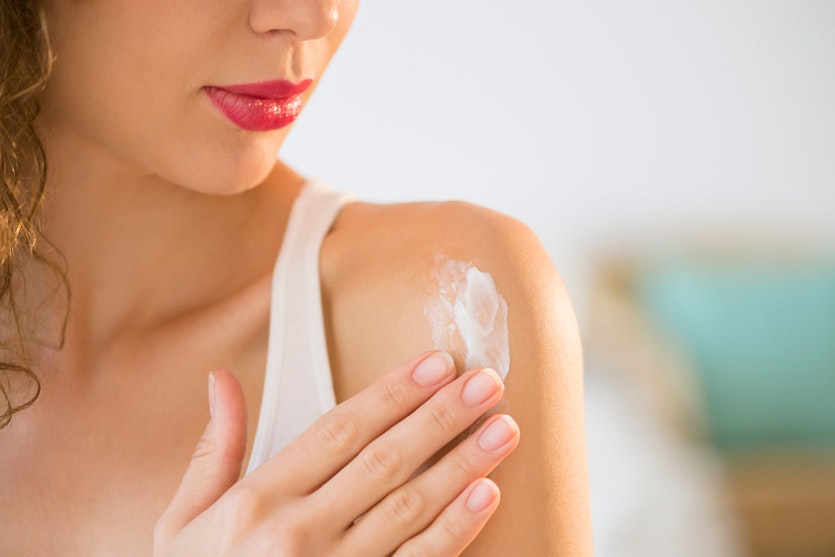
When most people are searching the market for sunscreens of any type, there is a natural tendency to focus on the SPF level and while this is a logical place to start, there’s certainly more you’ll have to consider. In this article, we’re going to be looking at what SPF means and how important it is in the whole scheme of things when purchasing mineral-based sunscreen.
There are a number of misconceptions in circulation about SPF factors and mineral-based sunscreen and providing clarification on the matter is important, given that it’s your skin that’s at stake. So, why not sit back while we demystify the SPF conundrum.
Sun Protection Factor (SPF)
When you buy sunscreen sticks or sunscreen in a tube, you’ll typically see an SPF rating that ranges from SPF 15 through SPF 50. Where the confusion often lies is the belief that the higher the SPF rating, the longer you can spend out in the sun. Unfortunately, whether talking about either chemical or mineral-based sunscreen, this simply isn’t true.
What it actually refers to is the amount of UVA and UVB protection it provides and what you shouldn’t do is pay too much attention to the number itself, as the differences between each factor aren’t as big as you might think. For example, you might assume that a baby sunscreen with SPF 50 offers around three times the protection that an SPF 15 would.
In truth, the difference between an SPF 15 sensitive skin sunscreen and an SPF 50 type is just 5%, as you can see below.
- SPF 2 – 50% UVA & UVB protection
- SPF 4 – 75% protection
- SPF 8 – 87% protection
- SPF 15 – 93% protection
- SPF 30 – 97% protection
- SPF 50 – 98% protection
As seen above, the difference between SPF 30 mineral-based sunscreen and SPF 50 is just 1%! Not quite the disparity you were expecting, is it? That’s because regardless of whether you’re using factor 30 sunscreen for face or factor 50 sunscreen for kids, you need to reapply it every two hours, increasing the frequency to every 40-80 minutes (based on product’s water resistance claim) when you’re sweating or spending time in the water.
Most dermatologists recommend a sunscreen with at least 30 SPF.
Effective Natural Protection Against the Sun
Look for broad-spectrum mineral-based sunscreen products that have an SPF of at least 30, meaning that you’re guaranteed protection against at least 97% of the sun’s UVA and UVB rays. So, whether you’re using sunscreen products for yourself or your children, you can do so knowing that you are using the best sun protection on the market.
Protect you and your family, but also our oceans. So, if you’d like to try an industry-leading Zinc Oxide-based product for yourself and your family, look for brands with an entire mineral-based sunscreen range.
Thank you for reading and simply looking for some advice on the best mineral-based sunscreen for your needs and we are delighted to help you find your ideal product.